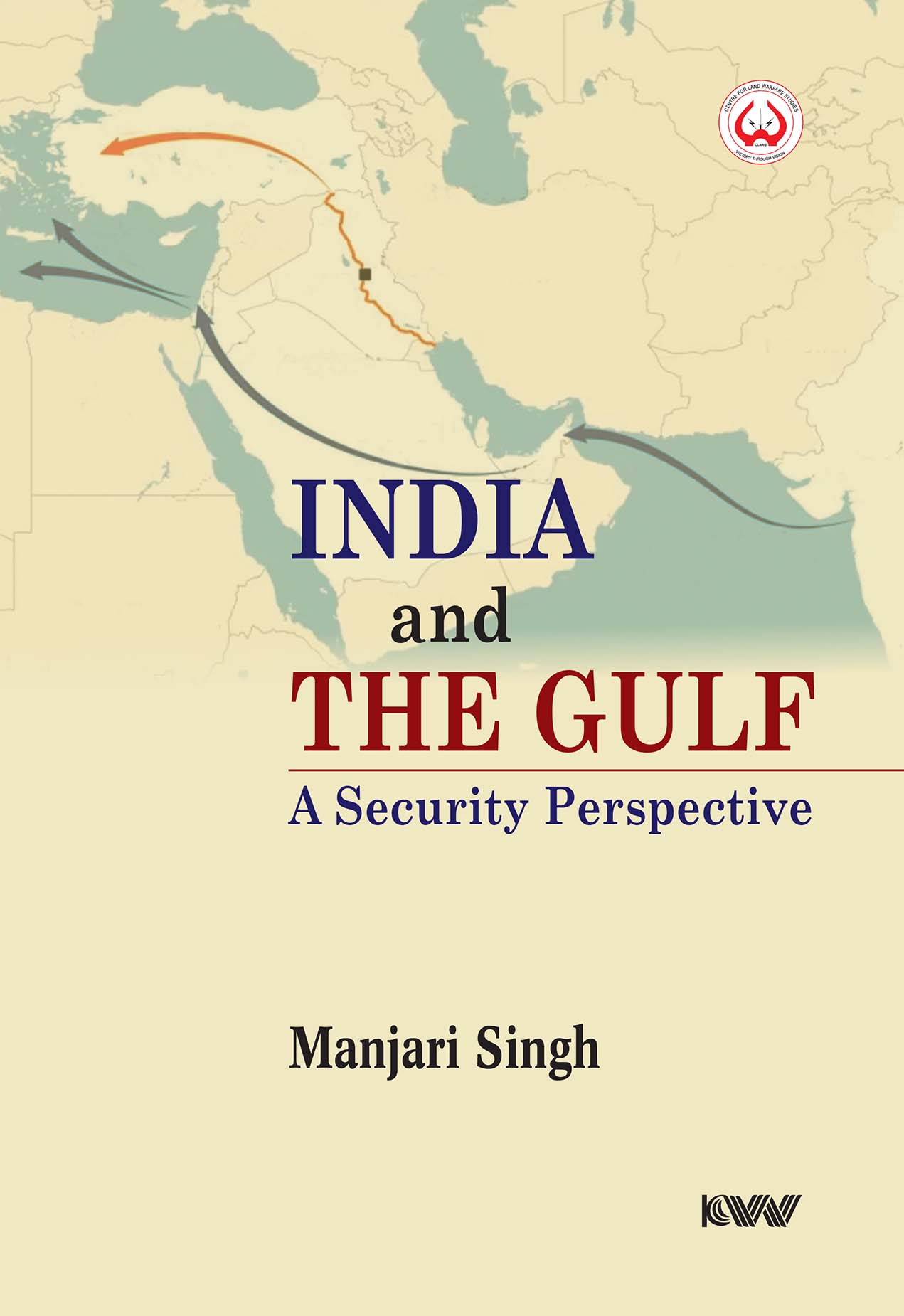Subjects
India and the Gulf: A Security Perspective
Dr. Manjari Singh
India and the Gulf: A Security Perspective offers a comprehensive exploration of the intricate security dynamics that characterise the relationship between India and the Gulf nations. This timely volume brings together a holistic understanding of security paradigm in Indo-Gulf relations and provides a nuanced examination of the multifaceted aspects of security cooperation, challenges, and opportunities in this crucial geopolitical space. Often India’s relations with the Persian Gulf countries are viewed from a narrow prism of energy, economy, and expatriates, however, since the beginning of the 21st century, with New Delhi’s Neo-West Asia policy which allows it to link, connect, and engage holistically with many regional powers beyond economics and mostly on areas of strategic importance, the region has gained more interest in the strategic communities. Nevertheless, there is a lack of an overall literature on the subject.
Thus, by emphasising on various aspects of security paradigm, the book delves into intricate detailing of both conventional and unconventional aspects of New Delhi’s overall security architecture with the Gulf region. It offers multiple illustrations and data on the subject which are generally not available in a concise manner. Written in simple language and by covering the entire spectrum of India’s engagement with the Gulf, the book offers a significant contribution to the scholarly discourse on international relations, providing an in-depth analysis of the security dynamics that define the relationship between India and the Gulf nations.


 Political Science
Political Science
